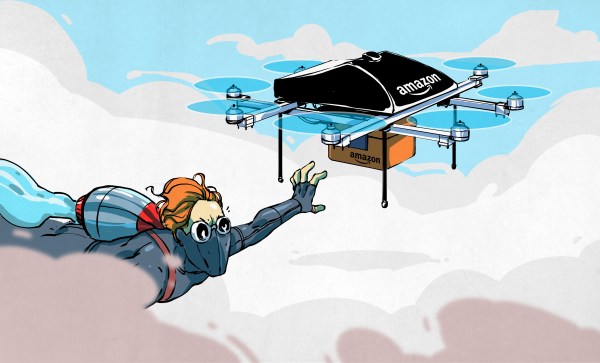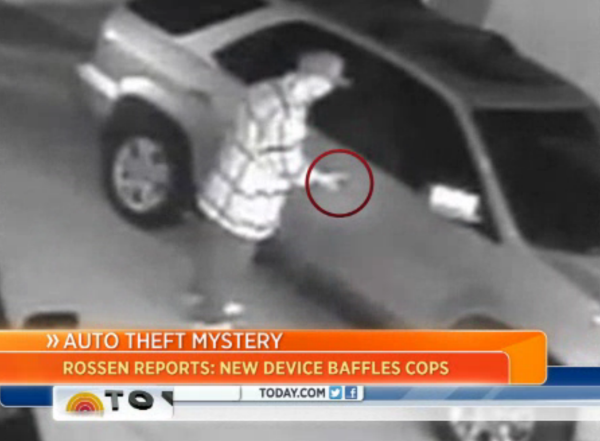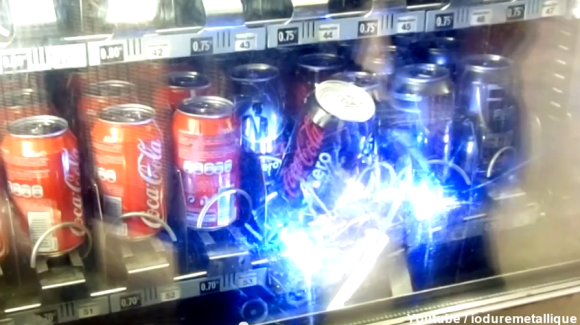I heard a “Year in Review” program the other day on NPR with a BBC World Service panel discussion of what’s ahead for 2017. One prediction was that UAV delivery of packages would be commonplace this year, and as proof the commentator reported that Amazon had already had a successful test in the UK. But he expressed skepticism that it would ever be possible in the USA, where he said that “the first drone that goes over somebody’s property will be shot down and the goods will be taken.”
He seemed quite sincere about his comment, but we’ll give him the benefit of the doubt that he was only joking to make a point, not actually grotesquely ignorant about the limitations of firearms or being snarky about gun owners in the US. Either way, he brings up a good point: when autonomous parcel delivery is commonplace, who will make sure goods get to the intended recipient?
Continue reading “Autonomous Delivery: Your Impulse Buys Will Still Be Safe”





















